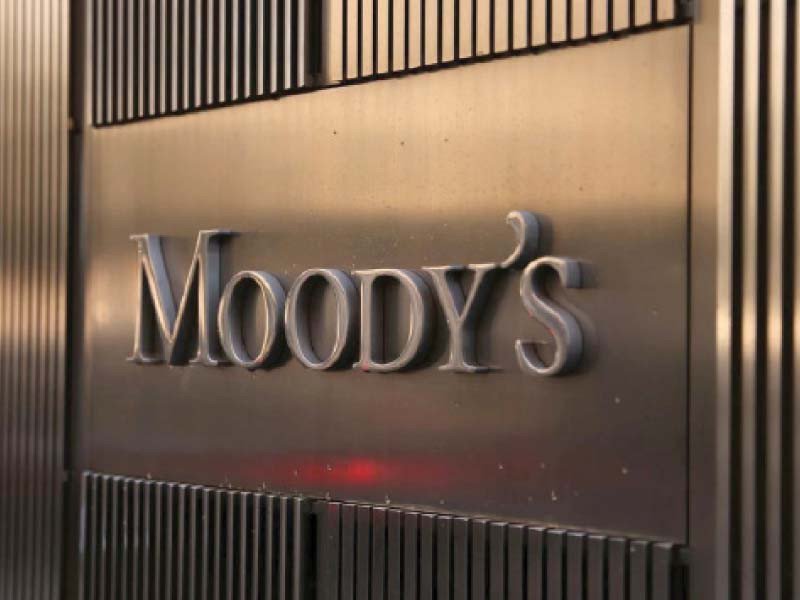Moody’s Ratings has upgraded the long-term deposit ratings of five leading Pakistani banks: Allied Bank Limited (ABL), Habib Bank Ltd (HBL), MCB Bank Limited (MCB), National Bank of Pakistan (NBP), and United Bank Ltd (UBL) from Caa3 to Caa2.
In addition, Moody’s has raised the Baseline Credit Assessments (BCAs) for ABL, HBL, MCB, and UBL to caa2 from caa3. NBP’s BCA remains at caa3. The outlook for all these banks’ long-term deposit ratings has been shifted from stable to positive.
This upgrade follows Moody’s increase in Pakistan’s government issuer and senior unsecured debt ratings from Caa3 to Caa2. The upgrade reflects the country’s improved creditworthiness, enhanced macroeconomic conditions, and better government liquidity and external positions.
The upgrade is beneficial for Pakistani banks due to their significant holdings of sovereign debt and the close connection between their credit profiles and that of the government. Specifically, the upgrade for NBP highlights the government’s strengthened capacity to provide support if needed.
Moody’s noted that the positive outlook for the banks’ long-term deposit ratings aligns with the positive outlook on Pakistan’s government rating, indicating a potentially greater capacity for government support. Additionally, improvements in the operating environment could lead to higher BCAs.
Future upgrades could occur if the operating environment strengthens, improving Pakistan’s macro profile and potentially leading to further sovereign rating upgrades, provided the banks maintain strong financial performance. Conversely, the ratings outlook could stabilize if the sovereign rating remains stable or if there is a decline in the banks’ financial metrics, particularly concerning asset quality, profitability, and capital adequacy.
Regarding individual banks:
- NBP’s BCA and Adjusted BCA remain at caa3, but its long-term deposit ratings have been upgraded to Caa2. This reflects NBP’s strong funding and liquidity profile, adequate earnings capacity, though expected weakening in capital ratios due to a Supreme Court ruling costing around PKR 98 billion, which is about 25% of its shareholders’ equity.
- HBL’s BCA and Adjusted BCA have been upgraded to caa2, alongside its long-term deposit ratings. This upgrade is due to HBL’s strong liquidity, deposit-funded profile, and earnings capacity, despite elevated nonperforming loans and modest capital buffers, especially considering its high exposure to government securities.
- UBL’s BCA and Adjusted BCA have also been raised to caa2, and its long-term deposit ratings upgraded to Caa2. This is attributed to UBL’s stable deposit base, strong liquidity, and moderated profitability, though it also notes higher-than-average nonperforming loans and modest capital levels.
- MCB’s BCA and Adjusted BCA were upgraded to caa2, with its long-term deposit ratings raised to Caa2. This reflects MCB’s strong profitability, stable deposits, and liquidity, while noting high asset risks and weak adjusted capitalization.
- ABL’s BCA and Adjusted BCA were upgraded to caa2, and its long-term deposit ratings to Caa2. The upgrade reflects ABL’s relatively low problem loans, stable deposit-based funding, and ample liquidity, balanced against modest adjusted capital buffers in a challenging operating environment.










